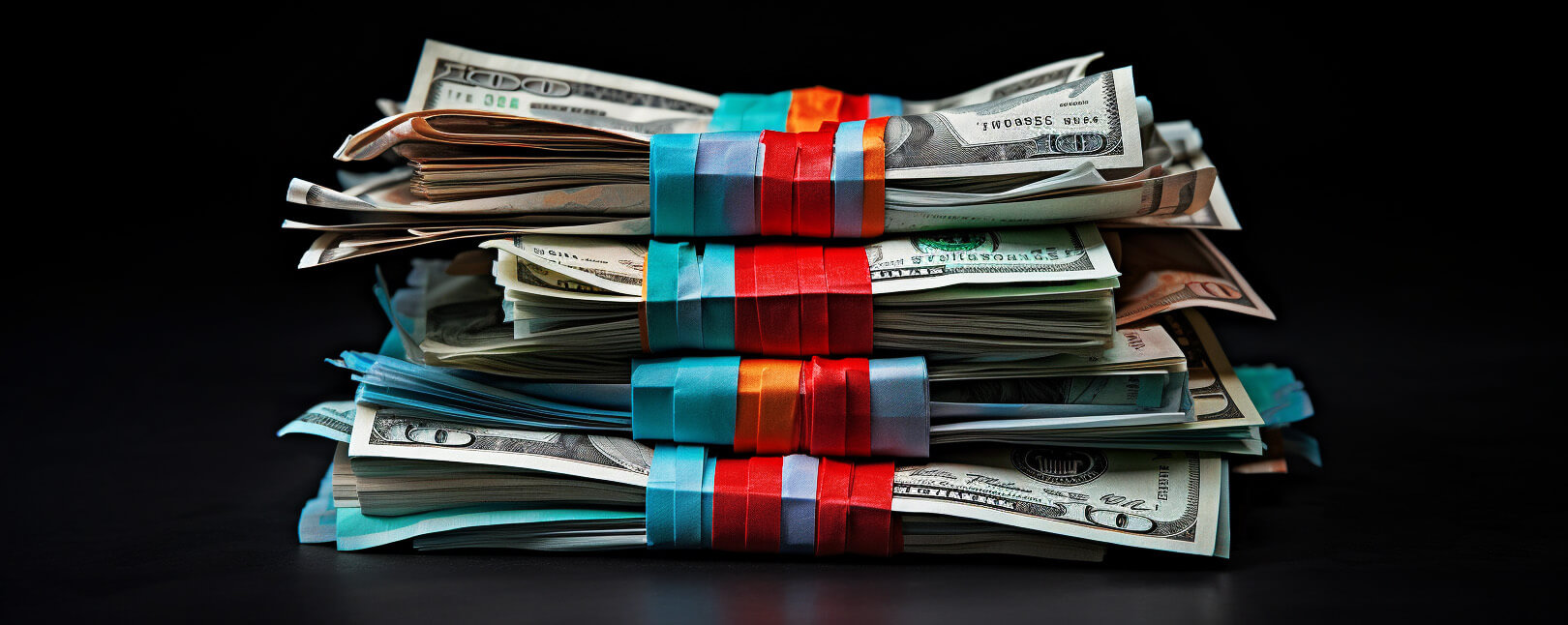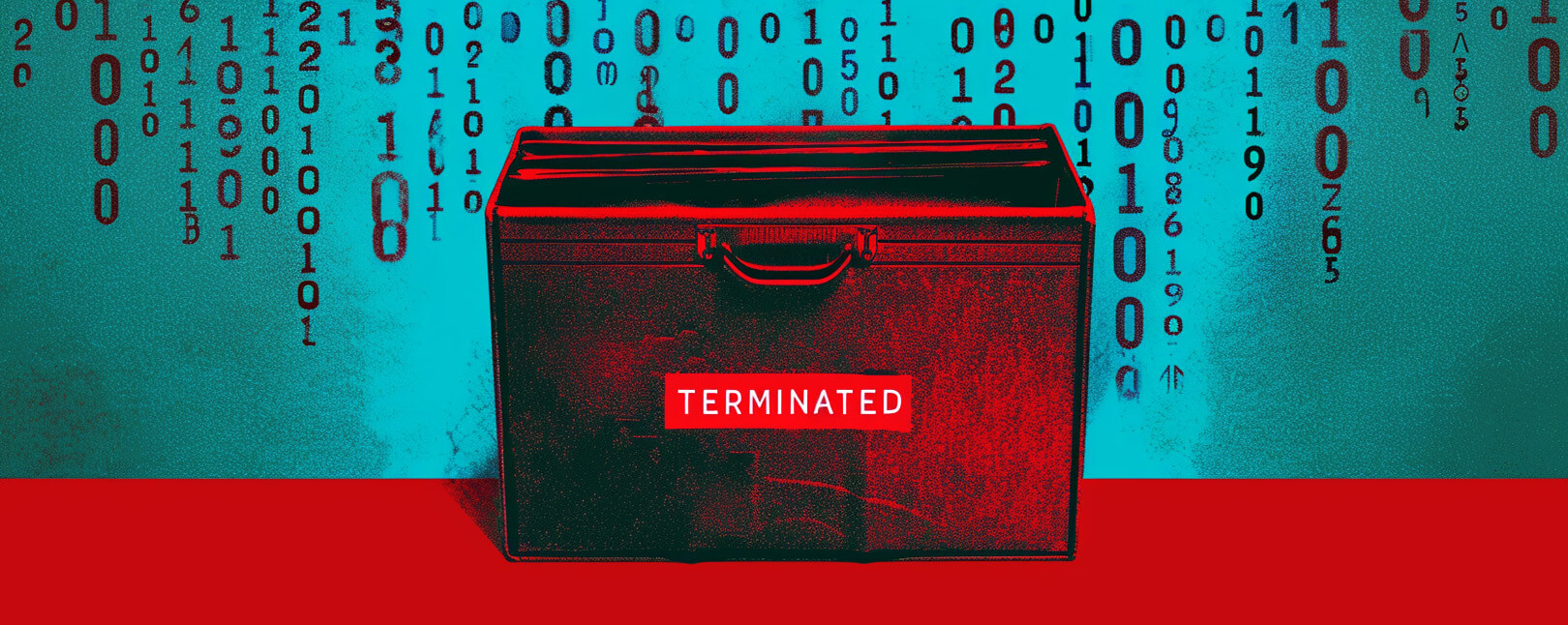10 Tips for Managing Your Merchant Account Reserve
If there is one element of credit card processing that is universally dreaded by all merchants, it may be the merchant account reserve.
All merchant accounts present a certain amount of risk to processors and banks. You may be required to carry an account-level reserve to offset this risk. In simple terms, this is a predetermined share of your funds held up-front by your acquiring bank.
Having this money set aside helps protect the acquirer against unforeseen losses. It insulates them against liability in the event of business failure or a sudden surge in fraud or chargebacks. It makes sense from the bank’s perspective. But, if you’re already dealing with the increased costs of a “high-risk” account, a merchant reserve will only add to your pain.
Recommended reading
- Closed Merchant Account? Here's What to Do.
- High-Risk Merchant Accounts: The Best Providers of 2024
- What is a High-Risk Business? Why Does it Matter?
- What is the Amex Fraud Full Recourse Program?
- High-Risk Credit Card Processing: The Best Providers of 2024
- How the Terminated Merchant File Can Affect Your Business
What is a Merchant Account Reserve?
- Merchant Account Reserve
A merchant account reserve is a predetermined amount of a business’s revenue held in reserve by an acquiring bank. This reserve protects the banks against unforeseen liabilities in the event of fraud or chargebacks.
[noun]/mur • chənt • uh • kount • rə • zərv/Imposing a merchant account reserve is a risk management strategy used by payment processors or acquiring banks. It's done to protect against potential losses from chargebacks, fraud, or other financial risks associated with a merchant's transactions.
When you set up a payment processing account, the bank or processor might hold a portion of the transaction revenues in a reserve account. These funds held in reserve are similar to an escrow account required for a loan. They ensure protection for the merchant and bank in the event that a sudden liability develops.
Acquiring banks extend a line of credit to merchants, floating the loan from the transaction through receipt of the cardholder’s payment. The bank then deposits the transaction funds into your account.
Why Do I Need a Merchant Account Reserve?
In short: a merchant account reserve is meant to offer some insulation against the financial impact of chargebacks.
Cardholders have the right to dispute purchases in the event of fraud, abuse, or error. If you get hit with an unanticipated uptick in chargebacks, though, the outstanding liabilities may outstrip your account balance. If you can’t cover the cost of these chargebacks, the acquirer will be held liable for them. So, by holding a merchant account reserve, your processor can ensure that their money is safe.
Whether you need a merchant account reserve depends on several factors. Business vertical, transaction volume, chargeback ratio, and overall risk assessment by the processor are all considerations. While reserves can impact a merchant's cash flow, they provide a safety net for processors and help maintain a stable payment ecosystem.
From the bank’s perspective, an account reserve can help:
Offset Liability for High-Risk Businesses
Certain industries are considered “high risk” due to their higher likelihood of being targeted for chargebacks or fraud. These include travel, adult entertainment, and telemarketing, among others. Merchants in these sectors often need to maintain reserves, as they can pose a greater risk to payment processors.
Maintaining Trust
A reserve may be required for new businesses without a credit history or those with a history of financial instability. This is meant to be a way of reassuring the payment processor; it ensures that funds are available to cover returns, refunds, or chargebacks, thereby maintaining a trusting relationship.
Stabilizing Cash Flow Fluctuations
For some businesses, transaction volumes can vary significantly on a seasonal basis. A reserve helps smooth out and ensure against sudden shortfalls during these cash flow fluctuations. This is especially important in seasonal businesses where sales peaks are followed by periods of low activity.
Who is Required to Have a Merchant Account Reserve?
Each processor has its own qualifying criteria for a merchant account reserve. As we’ve seen, though, it’s mostly the risk level you present to the processor that determines if a reserve is necessary.
Generally, all high-risk merchants will be required to maintain a reserve, usually from the very beginning of the merchant processing agreement. If your risk factor escalates later, your processor can mandate a reserve at any time. Some characteristics that may result in a high-risk designation include:
- Having a poor personal credit history
- Processing card-not-present transactions
- Selling products or services considered risky or disreputable
- Selling in highly regulated product categories
- Having a high monthly processing volume or high average ticket amount
- Selling internationally, particularly in regions historically known for fraud
- Working in an industry with statistically high chargeback rates
- Using free-trial or subscription-based business models
Your acquirer might also impose a temporary account reserve at the beginning of a processing agreement. This reserve could then be removed after a predetermined length of time. More commonly, though, the reserve is enforced for the duration of the agreement.
Types of Merchant Account Reserves
Not all account reserves are created equal. Processors use different methods for obtaining and holding funds. However, reserves usually fall into one of these four categories:

When Do I Get My Money Back?
Technically, the funds in the non-interest-bearing reserve belong to you as long as no outstanding debts are owed to the bank. When you actually get access to those funds depends on multiple factors. Each processor, for example, has different criteria and policies regarding account reserves based on credit history, business model, and industry norms.
Your processing agreement will specify the required minimum balance of a merchant account reserve and the duration of the hold. A temporary reserve might only be needed until the perceived risk has decreased (or passed). Other reserves might not be released until the merchant account is closed in good standing.
A terminated processing agreement that the bank enforces means the account is not in good standing. The revenue hold could be extended indefinitely. In these situations, funds will be held until all risk has passed. Since most chargeback time limits are 120 days, the reserve will likely retain the merchant’s funds for at least 4 months.
Can I Renegotiate My Merchant Reserve Amount?
The simple answer is “yes.” You can renegotiate your merchant reserve amount. This, too, is contingent on a few factors, though.
First, your business's financial health and transaction history play a fundamental role. Your processor might be more inclined to reconsider the reserve terms if you've demonstrated consistent, low-risk transaction patterns and have a solid financial track record.
To start the renegotiation process, you should prepare a detailed case. Highlight improvements in your business operations, such as reduced chargebacks, increased sales volume, or enhanced security measures. Presenting a strong case showing lower risk can be persuasive.
Additionally, market competition can work in your favor. If other processors offer better terms, mentioning this might encourage your current processor to match or improve the reserve conditions to retain your business. However, it's essential to approach this tactfully and professionally; engaging in anything that may be perceived as intimidation will likely backfire on you.
As we’ve mentioned, payment processors use reserves to mitigate risks, so they might be cautious about reducing them. But with a good business relationship, a history of reliable transactions, and a well-prepared case, you have a fair chance of successfully renegotiating your merchant reserve amount.
10 Tips for Managing Your Merchant Account Reserve
While it’s not an ideal situation for any merchant, managing a merchant account reserve can be critical to your business's financial health. On that note, here are ten tips to help you effectively handle your merchant account reserve:
#1 | Understand the Terms
Dive deep into the specifics of your reserve agreement. Familiarize yourself with the exact percentage of sales being held, the length of time funds are held, and the specific conditions under which they are released. This knowledge is crucial for effective financial planning and negotiations.
#2 | Maintain Good Financial Records
Keep meticulous and accurate records of all your financial transactions. This practice is good for general business management, of course, but it’s also critical in understanding how the reserve impacts your cash flow. These records are invaluable if you intend to renegotiate terms with your processor.
#3 | Monitor Chargebacks
Vigilantly track and manage chargebacks. A lower rate of chargebacks strengthens your reputation with the processor and could be a strong argument for more favorable reserve terms. Implement strategies to reduce chargebacks, like clear customer communication and quick dispute resolution.
#4 | Improve Transaction Security
Invest in robust security measures to minimize fraud. This means adopting a multilayer strategy to detect and prevent fraud. Demonstrating a low risk of fraudulent transactions can convince your processor to consider lowering your reserve requirement.
#5 | Negotiate at Start
When establishing your merchant account, proactively negotiate the terms of the reserve. Present a well-thought-out business plan and financial forecasts to make a case for lower reserve requirements. The better your plan, the more leverage you have.
#6 | Regularly Review Account Performance
Periodically evaluate how your account is performing. Look for trends in sales, chargebacks, and any other factors that could influence your reserve. Improved performance can be a basis for negotiating a reduction in your reserve.
#7 | Communicate With Your Processor
Keep an open line of communication with your payment processor. Regularly update them about your business’s growth, changes in operation, and any other factors that could affect risk assessment. Good communication can lead to better understanding and potentially more favorable terms.
#8 | Explore Reserve Reduction
Is your business showing consistent, strong performance? If so, you may consider discussing a reserve reduction with your processor. Highlight your positive transaction history and lowered risk profile as leverage in these discussions. As we mentioned above, though, be sure to approach this topic tactfully.
#9 | Plan for Cash Flow
Integrate the reserve into your broader cash flow management strategy. Ensure that you have adequate working capital to operate efficiently, considering the portion of funds tied up in the reserve. Effective cash flow planning can help mitigate the impact of the reserve on your day-to-day operations.
#10 | Stay Informed
Regularly update yourself on industry trends and standard practices regarding merchant account reserves. Understanding what is typical in your industry helps ensure you are receiving fair treatment and can inform your negotiations.
Need Help Lowering Risk Factors?
Restricted access to the funds tied up in your merchant account reserve can cause cashflow issues and other problems. A high number of chargebacks can get your business labeled “high risk,” even if no other risk factors apply.
In response, Chargebacks911® offers comprehensive, end-to-end chargeback management solutions that can help you permanently reduce fraud and chargeback incidents. Contact us today for more information.
FAQs
What is a merchant account reserve?
A merchant account reserve is a predetermined amount of a business’s revenue that is held in reserve by your acquiring bank. The reserve functions much like a security deposit or escrow account, protecting the financial institution from unforeseen liability.
Do all merchants need account reserves?
Not all merchants need account reserves. Generally, though, all high-risk merchants will be required to maintain a reserve due to risk factors. These may include dependence on card-not-present transactions, risky product offerings, high sales volume, or high average ticket amount. Since chargeback protection is one of the main reasons for merchant account reserves, having a high chargeback ratio is often enough for processors to require a reserve.
Is a reserve account an asset?
Yes. When accounting for the total revenue you have on your books, you must also account for the funds held in reserve, even though you don’t have access to them.
Is there more than one type of account reserve?
Yes. There are three common types of merchant account reserve: a rolling reserve, a capped or accrual reserve, and an up-front reserve. Of these, the rolling reserve is by far the most widely used. Of course, some processors and FIs may also have their own proprietary systems in place.













